share on
HRO spoke to the biggest names in HR & other functions on how they overcome challenges when it comes to (diversity, equity, inclusion, & access) DEIA. Here's what they had to say.
Q: In your opinion, where do you see the biggest challenges and opportunities for DEI in your industry/region/context? How are you overcoming or capitalising on them?
Gomathi Krishnamurthi, HR Director, Malaysia & Singapore, Sodexo
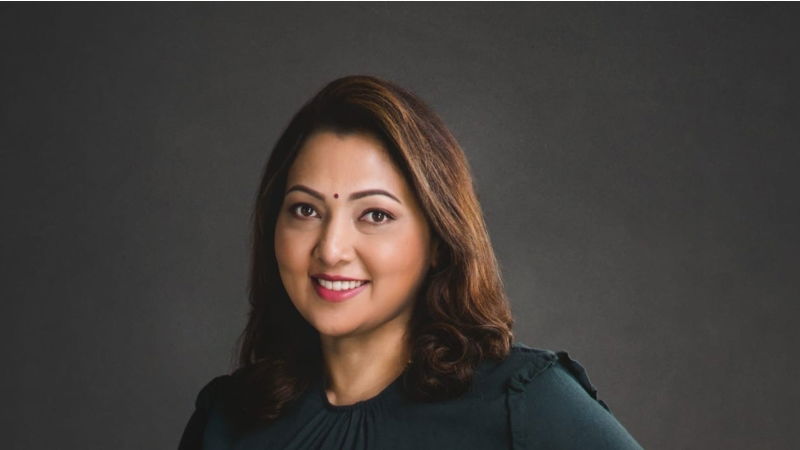
The shift to hybrid workforces has heralded an era where flexibility and compassion are brought to the fore for women (and men) juggling multiple responsibilities, particularly in the service industry that Sodexo operates in. This has made gender gaps in the workplace more apparent.
Fortunately, Sodexo with its employees from diverse backgrounds has engrained DEI within the culture. This delicate topic not only takes consistent effort but also time to nurture. I believe it’s a collective leadership role in embedding DEI. We engage clients and create awareness on the success of delivering quality services through initiatives such as breaking the bias in hiring.
Every employee goes through DEI training, ensuring fair and transparent opportunities. There are also initiatives on empowering women to take on roles that have been stereotypically male. All these are further backed by our SoTogether Gender Networks.
We have started the journey and there is more to be done.
Malin Holmberg, CEO EMEA and Asia Pacific, Experian

Although many organisations actively promote DEI, the next challenge lies in truly breaking unconscious biases that are deeply ingrained in all of us. For instance, women are still underrepresented in the traditionally male-dominated tech industry, especially at more senior levels. When people think of a senior tech executive, many people automatically picture a man. There is a representation gap, and I think it is very important that everyone sees more female role models in these positions to break the unconscious bias. Early education is also critical – changing expectations placed on young children that lead to stereotyping as adults.
Experian strongly supports this – and we’ve been transparent about our diversity targets in our first global DEI report published last year. We have a clear 'Diversity Action Plan' that we continuously track progress against. Beyond this, our talent team has also been working closely with partners like Half the Sky, to help eliminate unconscious bias in our recruitment process. We have also partnered with Code First Girls, a non-profit organisation that teaches women who are starting or switching their careers in tech to code for free.
It is important to avoid a box-ticking exercise, and do a mix of both programmatic activities while focusing on how we are representing ourselves every day. It is a collective effort to recognise our behaviour patterns and be more inclusive. Everyone should be comfortable bringing their whole self to work.
Fatma Al-Nuaimi, Executive Communications Director, Supreme Committee for Delivery & Legacy (SC)

Sports stands at the intersection of almost every sector of economy and society, and women have made significant strides in breaking down barriers across all corners and levels of the industry, whether they are athletes or business leaders.
In recent years, the progress that has been made in the world of sports and football has been remarkable. It is a sign of the current times, not only across Qatar’s growing sports industries and on the country’s FIFA World Cup 2022 project, but all over the world, regardless of the sector, that organisations are now looking for the best candidates, rather than the best male candidate.
Personally, I am proud of being one of ten women on the 'Leaders Under 40 Class of 2021' list; the significant number of women nominated is a testament to the progress made in the sports sector, often seen as an industry traditionally dominated by men.
Qatar has always had strong inspirational female role models; and I believe that through sports, we can chart new frontiers in empowering women to excel and succeed in any discipline. Indeed, achieving greater gender equality is also a core component of Qatar’s 'National Vision 2030', aiming to further increase the percentage of women in leadership positions in the coming years.
I hope I am a positive example for young people and professional women who want to try to enter the sports industry in a leading role. It is a privilege to be in a position where I can hopefully inspire and empower the next generation of talented young Qatari women to fulfil their dreams and aspirations and help Qatar fulfil its dream of delivering one of the best FIFA World Cups ever.
Peta Latimer, CEO, Singapore, Mercer
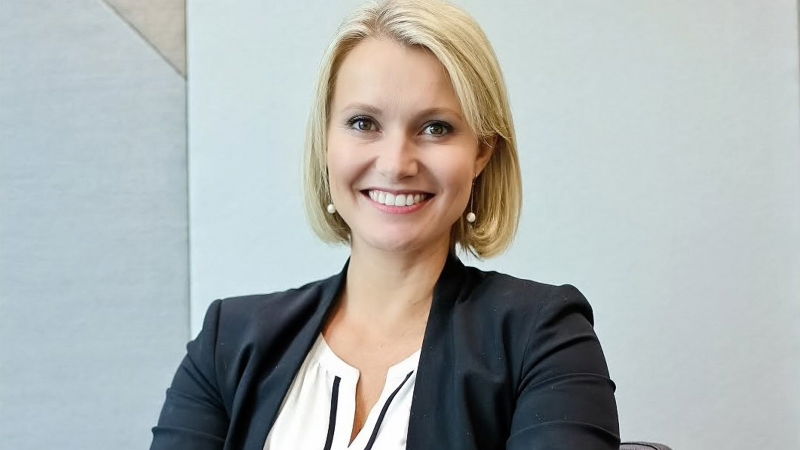
One of the biggest challenges organisations face is cultivating an engaging, productive, and inclusive environment in today’s hybrid workforce. The pandemic has had an outsized impact on certain groups of employees, particularly frontline workers and women. Yet, few reported receiving good support from their employer. As leaders, we need to do more.
Unprecedented challenges like this offer a rare opportunity to make systemic changes to the way we work, thinking beyond location. Thankfully, today’s organisations are moving away from the minimal (notwithstanding still important) expectations of hiring more women, or creating more leadership roles for women to fill in order to meet ‘diversity numbers’. Instead, we’re seeing more conversations at the top focused on building culture. This means creating a sense of belonging, shifting people’s mindset from risk to empowerment, offering more creativity when it comes to work set-up, and providing inclusive compensation and benefits to better support employees with different needs at different moments in their lives.
In Singapore, for example, listed companies will now have to publish a board diversity policy addressing gender, skills and experience. Annual reports must lay out diversity targets and plans for achieving these goals. This is an important step in the right direction, and I look forward to seeing more countries follow suit.
Iris Melendez, Vice President of Talent and Diversity, Organon

As a global organisation, our biggest challenge is engaging employees all around the world equally in our diversity, equity, inclusion & belonging (DEI&B) strategy, which focuses on gender equity. As a women’s health company, this is central to our purpose, because we can better serve women around the world by fostering gender equity within our own workforce. Many multinational organisations approach diversity from a US perspective, which often doesn’t resonate internationally given diversity dynamics differ significantly across regions.
We know there is inequity everywhere, in some form: No matter where you go, you can find a group of people who have been marginalised because of their skin colour, religion, gender identity, sexual orientation, or other factors. By allowing each country to tailor their diversity approach – while at the same time supporting our global gender equity priorities – we ensure all employees feel connected to and engaged in our DEI&B culture.
Aditi Jain, Senior Director, HR Business Partner, Asia Pacific & Japan, Twilio

One of the biggest challenges is designing a DEI strategy that is sustainable and effective in the long term. While it’s heartening to see that most businesses today recognise the need for DEI efforts, they tend to be narrow in scope and focused only on gender, while other types of diversity take a backseat. This needs to change, especially for a region as diverse as Asia Pacific, home to 60% of the world’s population and more than 2,000 languages and dialects. We have 22 official languages in India alone! The challenge and opportunity here is for us to expand our views and embrace our differences more broadly. There are considerations that we should be more mindful of even when discussing gender itself, such as the gender binary and associated stereotypes.
It’s important to note that the journey from awareness to action is key. There is often a temptation to focus on shorter-term measures that demonstrate immediate results, like having a specific headcount for underrepresented groups. But, building truly inclusive and diverse teams goes beyond just mere representation. Organisations need to create equitable experiences and inclusive environments for employees to develop the cultural competency necessary for DEI initiatives to take root.
This should all be guided by the principles that are important to the organisation. At Twilio for example, anti-bias principles are the foundation of our operational company-wide DEI strategy. This approach emphasises a shared responsibility between employee and organisation; the contribution from a single individual can be just as significant in making a difference in our world. Making the effort to learn and reflect on our own biases, how these were formed and how they show up in our personal and professional lives, can lead to greater empathy for the lived experiences of those vastly different to our own.
Chris Fan, Head of Cross-Border, Singapore, Cainiao Network
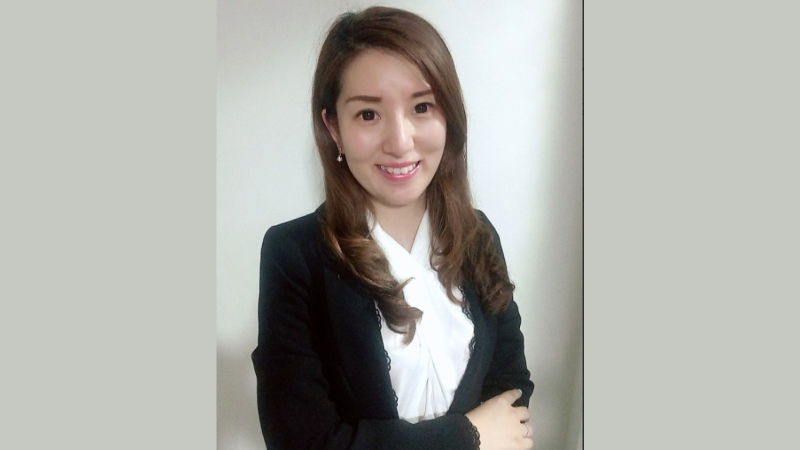
Traditionally, logistics and supply chain are male-dominated sectors, but we are witnessing a growing proportion of females venturing into this industry. As a female leader, I envision a revitalised ecosystem that will benefit from greater diversity. The challenges and disruptions that we are encountering today rely on the brightest and the best in the organisation to take the lead, to innovate and push boundaries, regardless of gender.
At Cainiao, employees are recruited fairly. Regardless of their functions and roles, whether it’s data analytics, smart logistics implementation or warehouse operations, they are evaluated and rewarded based on merit. With an organisational mentality shift towards DEI acceptance, we can anticipate even greater opportunities and outcomes, both for the business and our employees. Embracing a supportive and inclusive culture that advocates against implicit biases will foster an innovative, immersive, and purposeful workforce that is progressive and future-ready.
Fara Abdullah, Managing Director, Bitsmedia
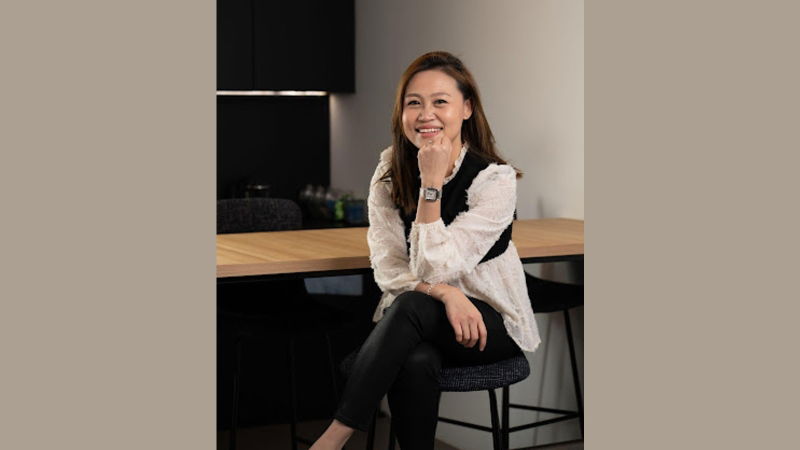
Despite global conversations about diversity in tech, certain groups are still underrepresented. This is why diversity gets a bad rap because it can be “performative”, where companies treat it as a PR crisis rather than an actual issue to be addressed. At Bitsmedia, we believe in meritocracy and hiring the best talent, regardless of their identity and background.
As a leader, I value every single person in my team and believe each employee has a role to play in the larger ecosystem. We have evolving frameworks to support our diverse workforce and practise an open-door policy where any issues are addressed through constructive dialogue. What’s more, our workforce consists of 45% women and people from 12 nationalities – statistics I’m personally proud of. We come together for a common purpose: creating a Muslim lifestyle brand that empowers the Muslim community.
Emma Scales, Managing Director, Asia Pacific, Publicis Sapient
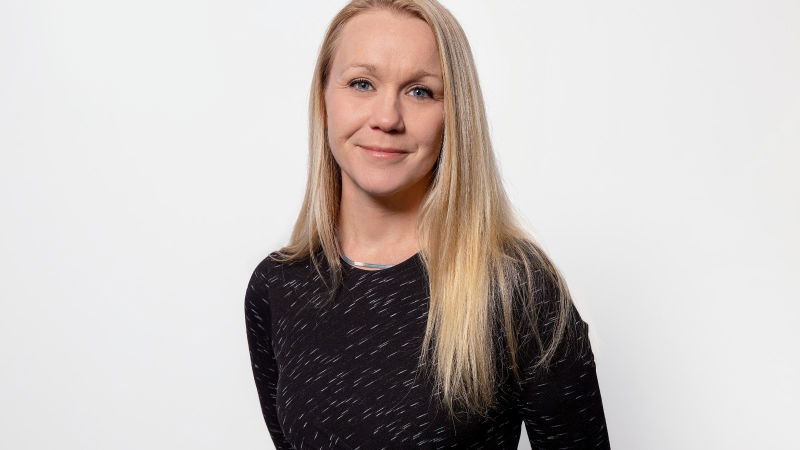
In recent years, organisations are under pressure to increase diversity among all ranks, especially at the top. However, as leaders look to address gender and minority gaps, employers may unintentionally set up new leaders for failure, an effect known as the ‘Glass Cliff’. Coined by Michelle Ryan and Alexander Haslam, the Glass Cliff phenomenon outlines organisations’ tendency to favour women or other marginalised groups for leadership positions during a period of crisis – such as when companies are subjected to public scrutiny – and can put these groups of people at higher risks of failure.
To counter the inevitable rise of the ‘Glass Cliff’, organisations should ensure that women and groups of minorities chosen for leadership positions get the support they need to succeed. Leaders should also realise that diversity doesn’t stop with the appointment of one executive, and instead, create a culture where difference is celebrated, and provide platforms for one to speak out against discrimination.
Collin Sta Maria, Human Capital Director, Etiqa Singapore
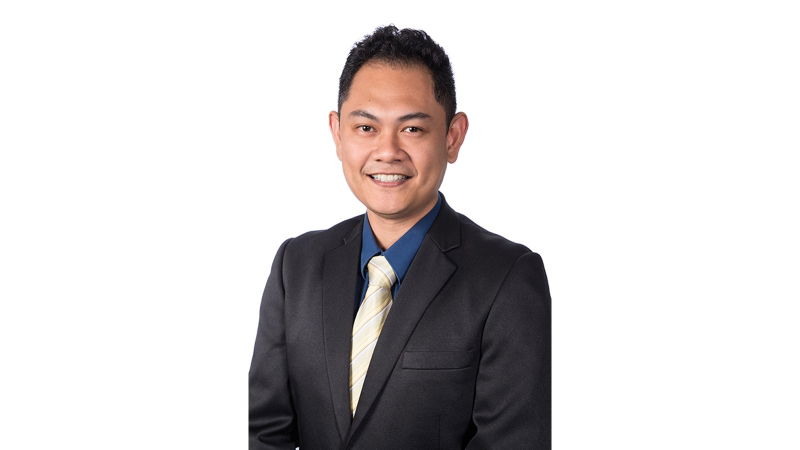
Singapore companies recognise the positive impact of diversity, equality and inclusion (DEI) and have made progress in introducing initiatives that address the imbalance for an inclusive community. As leaders, we need to embed DEI into our organisation’s DNA, driving inclusive outcomes that strengthen workplace relations, collaboration and innovation.
At Etiqa Singapore, DEI governs all employment practices and is an integral part of our workplace culture. Besides engaging talent from diverse backgrounds, we purposefully promote a safe and inclusive workplace that champions equality and treats all individuals well without discrimination. By cultivating a sense of inclusivity and belonging, we all play an essential role in creating a safe environment that allows our people to be the best versions of themselves.
Chandra Murugan, Membership & Mentoring Director, PMI Singapore Chapter
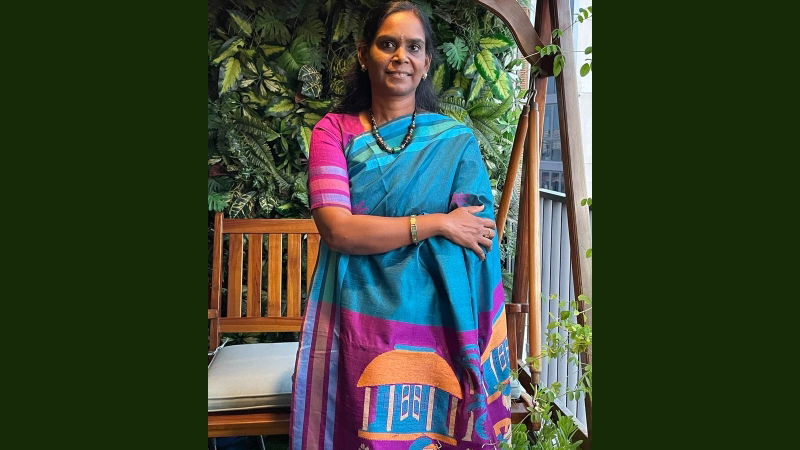
It is not surprising to see male dominance in the field of project management. When it comes to gender, the challenge remains to be stereotypes – does gender make a difference in project management?
This challenge brings in opportunities for female project managers to get rid of it, shine and succeed. Having the right attitude to listen to what’s happening and stay calm, leveraging the project management skills we have are the keys to overcoming the challenge. We are always good at what we are doing as we have many different roles to play in our lives – wife and mother in the family, excellent employees, or leaders at work. Women are always seen as transformational leaders with more mentoring and coaching. We have to embrace our team, work together, and we can lead them to success.
Jasmmine Wong, CEO and MD, Inchcape Greater China & Singapore
While we have progressed greatly as a society and have come a long way in building a meritocratic community, traditional perceptions and uninformed stereotypes continue to linger among us. As a result, inequality and bias towards marginalised groups still exist in workplaces. This lack of empathy and openness can represent a great setback for any organisation.
For Inchcape, the opportunity lies in spreading awareness and advocacy through education and having open conversations. It is also through our D&I programme that we understand what inclusive leadership means. Changing societal perceptions requires a community effort which is why Inchcape has also been actively taking steps to inspire and empower our employees through our 'Inchcape CARE' initiatives, mentorship programmes, and sharing sessions. These employee-driven initiatives encourage empathy and appreciation among the team, and serve as safe platforms to flag problems, exchange ideas, and encourage each other.
Michael Murphy, Director, Linesight
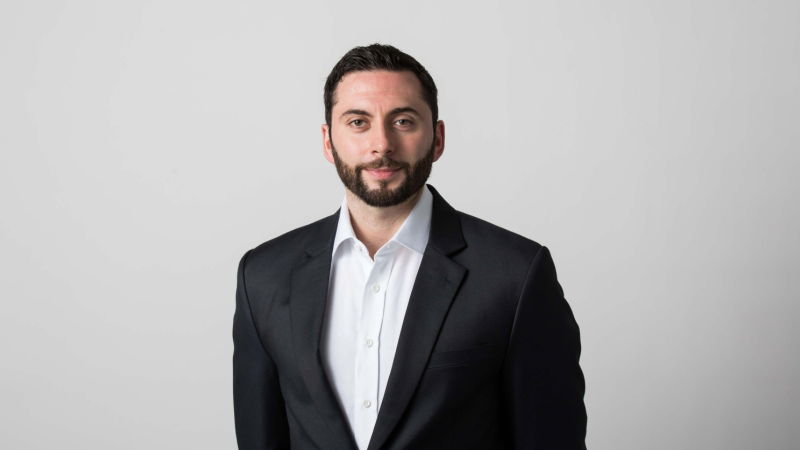
Linesight is proudly celebrating International Women’s Day – an opportunity for us to recognise the outstanding accomplishments of women at Linesight and women’s achievement in the wider construction industry. We believe the future workforce is an equal one and we are coordinating with the industry to accelerate a more diverse, equitable and inclusive workforce.
One of the biggest challenges for DEI in any organisation is the recognition of the shift in the global understanding of what DEI means. Diversity today means more than race and gender and can also apply to ethnicity, sexual orientation, religious affiliation, generation, disability, personality type, and thinking style. And it also includes the ‘E’ (Equity) and ‘I’ (inclusion) – which as a whole, DEI seeks to create meaningful change towards a more equitable and welcoming environment for all.
In the construction industry, there is still however the challenge of attracting and retaining a diverse workforce. According to recent data from the Ministry of Manpower, the proportion of female Singapore residents employed in the construction sector stands at close to 30,000, whereas males still dominate the industry at more than double the figure. But putting DEI at the core of business and industry decisions can have profoundly positive effects. We have started to see some of this occurring in the construction sector including:
- More inclusiveness and open-minded cultures,
- More mentoring and pathways for women to enter the industry,
- More females studying construction qualifications, with an increasing number of female recipients of the Building and Construction Authority’s iBuildSG Undergraduate Scholarship and Sponsorship programme,
- Unconscious bias and inclusive language training is becoming more and more common.
Lisa Askwith, Chief People Officer, Love, Bonito
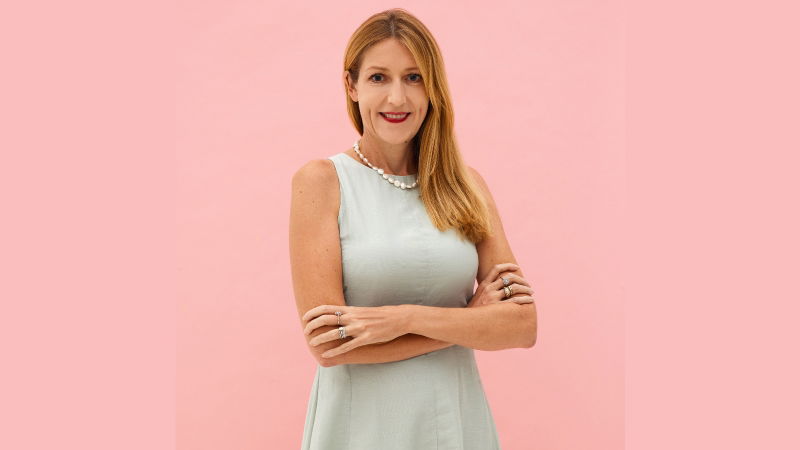
Diversity, equality, and inclusion has long been a catch cry without substance and the greatest challenge is around breaking down long-standing stereotypes, to tackle issues at the core versus merely applying band-aid on the surface. While it is inevitable for humans to naturally notice differences, it is how we act on our beliefs pertaining to these differences that might negatively impact those around us. Yet, as we start to embrace equality as part of our daily conversations, it challenges one to start noticing the biases we have towards others, be it conscious or unconscious.
We are fortunate though, that such conversations are being had, which allow companies to actively structure the way forward. Be it in the way we work or in the way we appreciate people, that by helping employees overcome biases, it will not only benefit the individual but the business overall. It has also been proven many times that allowing voices to be heard increases retention, engagement, and better attraction of talent as the business becomes a prized place to work, where employees are heard and embraced.
Photos / Provided
Follow us on Telegram and on Instagram @humanresourcesonline for all the latest HR and manpower news from around the region!
share on
Follow us on Telegram and on Instagram @humanresourcesonline for all the latest HR and manpower news from around the region!
Related topics



